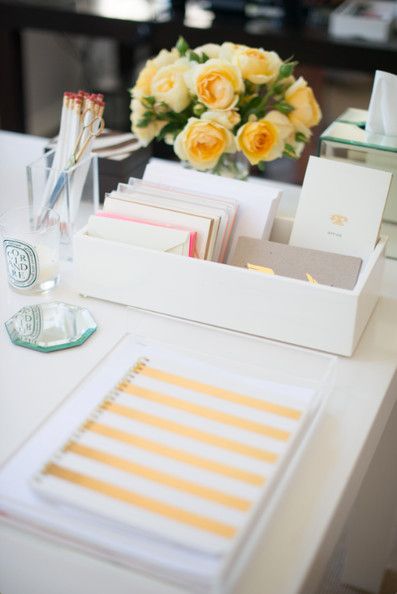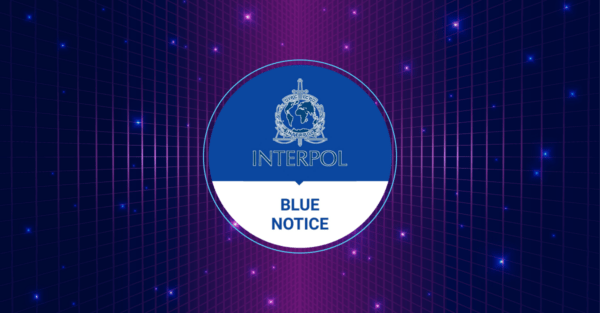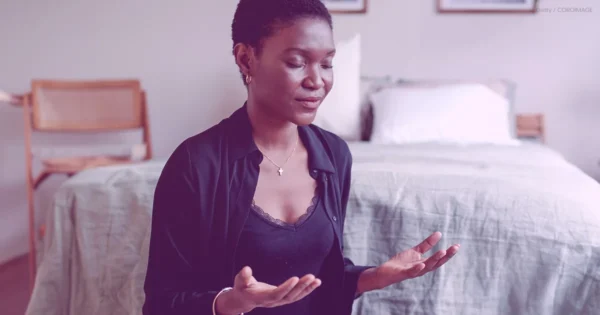
An Ode To The Underutilized Professional Thank You Card

Thank you cards: Why? Because you are a confident and conscientious professional who recognizes and appreciates the work of other professionals. That’s why. A thank you card is more personal and memorable than an e-mail.
Last week, in an overwhelming turn of events at a craft fair, I launched myself into a full-on love affair with thank you cards. Trapped within the thin plastic walls of a small tent, I found myself sifting through piles of cards: pastels, prints, monograms, you name it. This led to the realization that thank you cards are one of the most underutilized tools, especially in the professional world. Thank you cards, while a simple gesture, can speak volumes about you as a person, an employee, and as a potential hire. So invest in some, take the time to use them effectively, and thank yourself later.
When is it appropriate to send a thank-you card?
1. After an interview
Post-interview thank-you cards are crucial. According to a survey by CareerBuilder.com, 26% of interviewers expect to receive a thank-you card only two days after an interview, and 36% expect one within 3-5 days. Expect. Follow-up e-mails are definitely not bad, but not nearly as personal as a handwritten note.
This thank you card should: Express your continued enthusiasm for the company and the job. This is your one final push for yourself as a candidate, so make it good. Toot your own horn a bit, but be sure the focus is on your appreciation for the interviewer’s time
2. In the office
If someone helps you in a significant way with a project or presentation, give their day a little boost with some recognition. This is particularly effective when you finish a project with a colleague from another department whom you work with infrequently. This small act allows you to acknowledge the skills of your colleagues and pins you as a thoughtful employee. I once worked in an office where thank you cards were encouraged, and it made all the difference in instilling gratitude into the office culture. Thank yous are important in creating a supportive, healthy office environment, and that change can start with you!
This thank you card should: Thank your colleague for sharing their time or expertise. Give them a shout out: “I really appreciate you sharing your marketing knowledge during our small group session yesterday in preparation for the presentation. It was a pleasure to work with you and I look forward to doing so again in the future.
3. End of internship
Interns come and go, but thank you cards are forever. Alright, potentially a bit of an exaggeration, but they can play an excellent role in maintaining connections when you leave or transition into other opportunities.
This thank you card should: Include lessons you learned along the way, or a project you were particularly passionate about. Be sure to include your contact information for future reference. This card provides something concrete for your employer to remember you by.
Thank you cards are an excellent tool to show your attention to detail and acknowledgement of others. I bought these cards last week from Papyrus, and have my eye on these from Etsy when I run out!
Have you sent a thank you card recently?














































